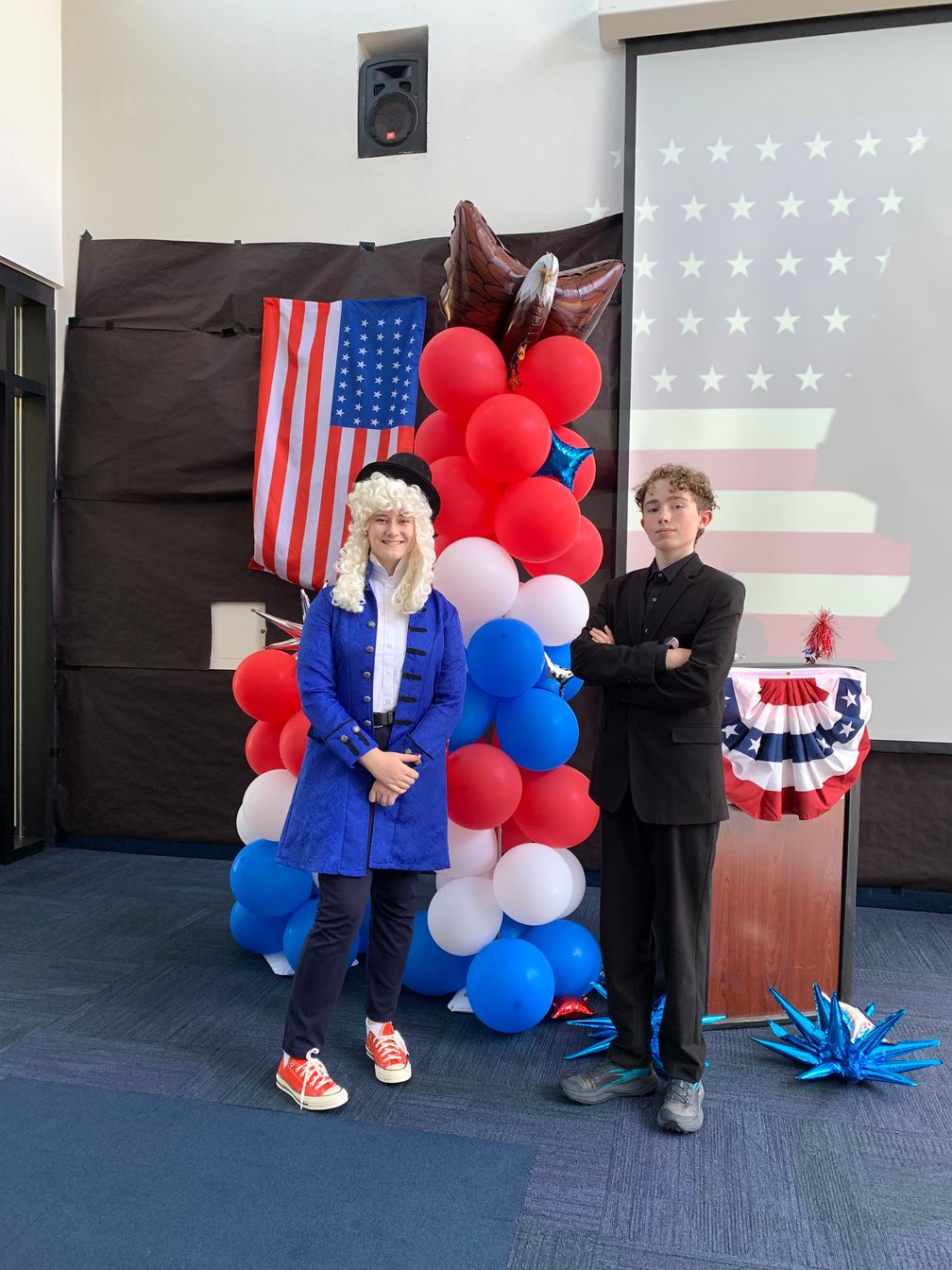Seen Read Heard: September 2024
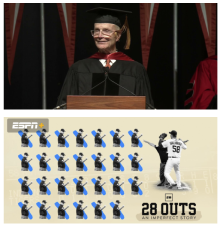
Pete Geren’s Graduation Speech at the College of Liberal Arts of the University of Texas at Austin, May 24, 2024
Watch the YouTube video here.
Former Congressman and Former Secretary of the Army Pete Geren ’70 has served for more than a decade as the Director of the Sid Richardson Foundation, and, in that capacity, I have been fortunate to get time with him throughout my first nine years at FWCD.
Last spring, I was sharing with him our plans for a day devoted to modeling civil discourse, a day we have since come to call Democracy Day (see related article about September 25 at FWCD). He said he had been working on his graduation speech for UT’s College of Liberal Arts that would touch on the same theme.
Geren’s message to the UT graduates last spring is worth watching. In addition to celebrating the value of a liberal arts education in creating critical thinkers and inspiring humility, like we aspire to do at FWCD as well, Geren, speaking amid campus protests regarding the fighting in Gaza, called for UT to “join hands,” and he warned of the impact of the “anger industrial complex” of media members and politicians. His most profound references in the address were to the thinking of Austrian Neurologist and Psychologist Viktor Frankl, drawn from Frankl’s book Man’s Search for Meaning. Geren cites numerous examples, personal and historical, of people answering Frankl’s highest call: to find that space between stimulus and response. To be involved in civil discourse, Geren is arguing that we must not say the first thing that comes to our minds. We must stop and think and, again, be respectful. The message about that all-important “space” is valuable in 2024, whatever campus you are on and community you are in.
Sportsmanship at the Highest Level and in the Highest Form: An MLB Umpire and a Player He Robbed of a No-Hitter
Watch ESPN’s E60: “28 Outs: An Imperfect Story.”
I often use these Notes to celebrate good sportsmanship. Usually, I’m talking about something I’ve witnessed myself among our student-athletes and coaches. I happened across an ESPN documentary recently, though, with a 2010 story from Major League Baseball that deserves celebrating and telling to our students.
With one out to go in a 27-out no-hitter, an umpire missed an out call at first base. In the era before video reviews, the pitcher, Armando Galarraga of the Detroit Tigers, had to accept the call. We can hope we are raising young people to behave as Galarraga did under such challenging circumstances.
With the help of the Tigers’ wise manager, Jim Leyland, Galarraga made an incredible gesture to start the game the day after the missed call. The umpire, Jim Joyce, had realized he missed the call. He was not defending himself, but he was going to take the heat he felt he deserved and call the next game from behind home plate. That next day, Leyland had Galarraga play the manager’s role in delivering the game’s starting lineup to the home plate umpire. Galarraga and Joyce got to shake hands. Fans saw that Galarraga was being respectful, that Joyce was tearful and remorseful, and on the game went: no yelling, no one-upping, no humiliating, just simple respect for a fellow human who had made a mistake.
Galarraga told reporters after the game that the outing “was my best game, so far” and said that Joyce “probably feels more bad than me. Nobody’s perfect. Everybody’s human. I understand. I give the guy a lot of credit for saying, ‘I need to talk to you.’ You don’t see an umpire tell you that after a game. I gave him a hug.”
I love Galarraga and Leyland’s example of FWCD’s core values of respect and kindness. Even though entirely unrelated to our life at FWCD, Galarraga’s action deserves highlighting.





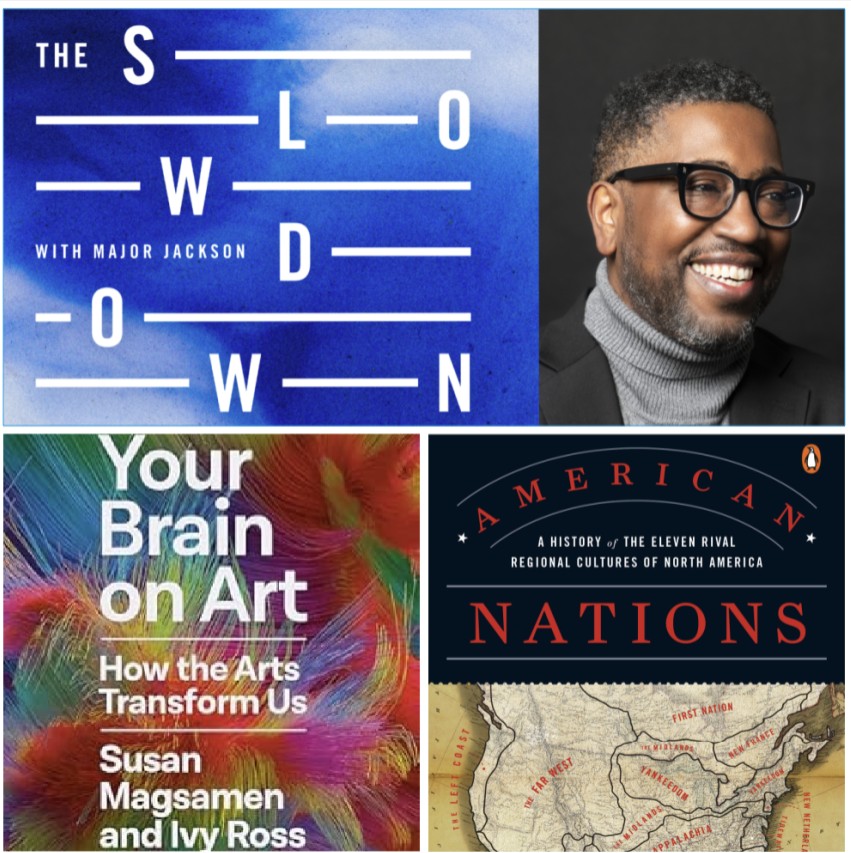
%20(1).jpeg)



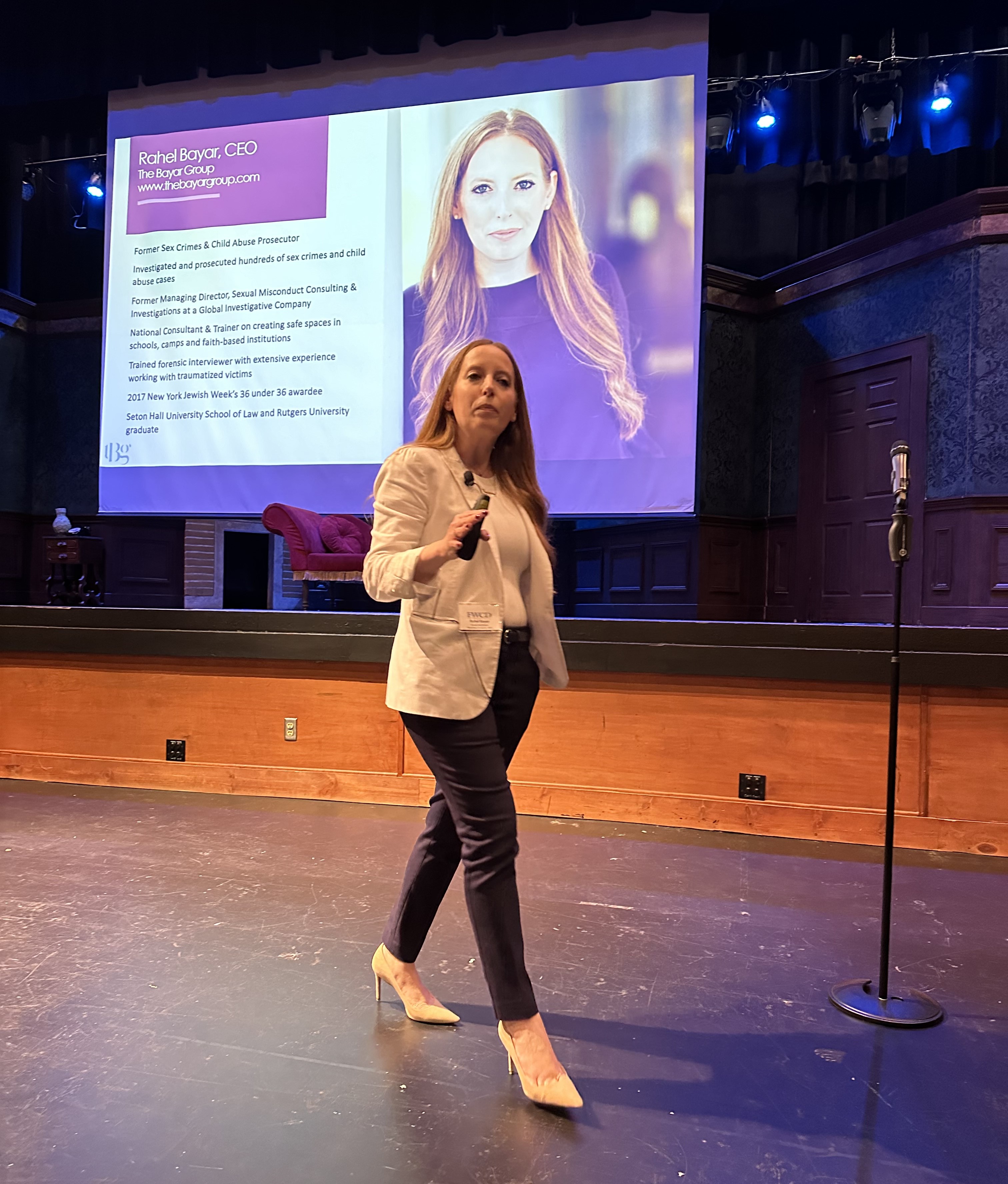


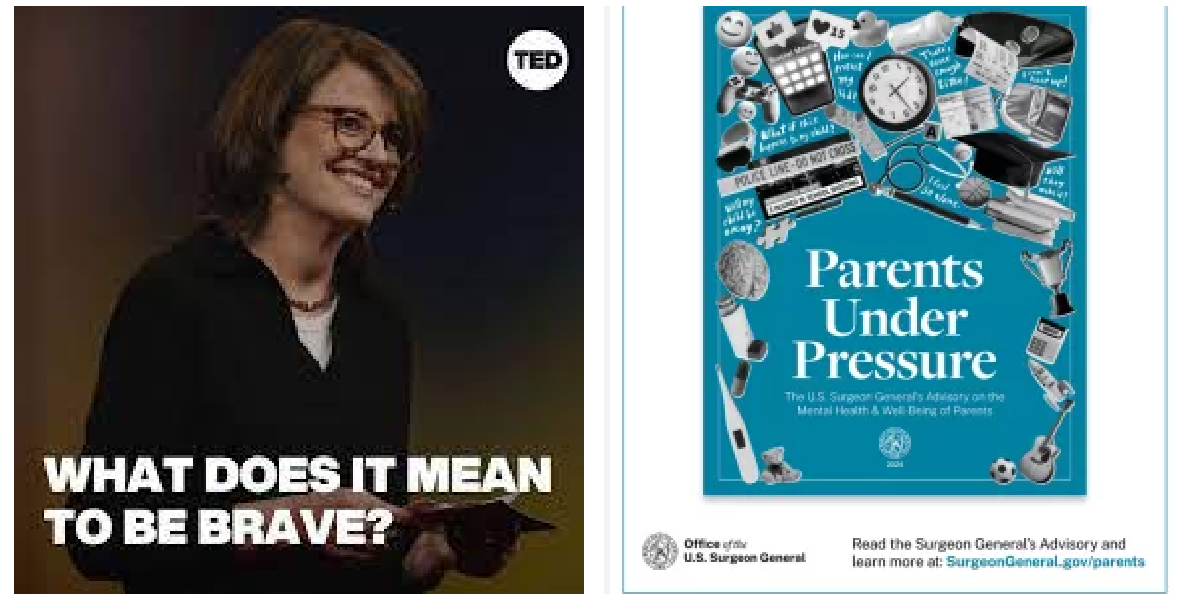

.png)
